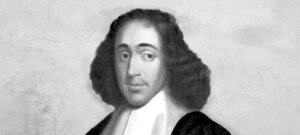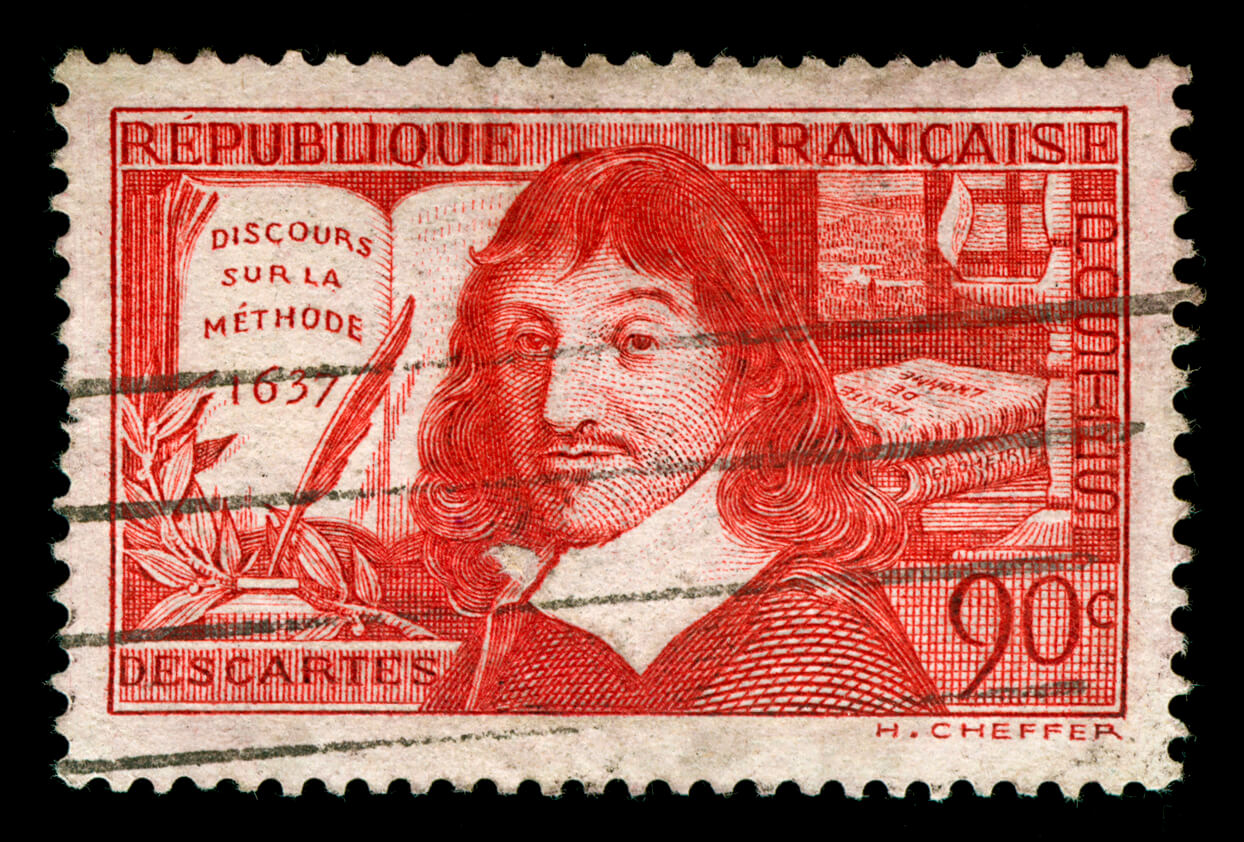Spinoza's Philosophy and His View of Nature


Written and verified by the philosopher Maria Alejandra Morgado Cusati
Baruch Spinoza (1632-1677) was a Dutch philosopher, considered one of the three great representatives of modern rationalism in the 17th century (along with Leibniz and Descartes). In his philosophy he defended the complete self-sufficiency of reason to understand all reality and achieve happiness. Find out all about Spinoza’s philosophy in this article.
His main philosophical proposal was the identification of God with nature. That is, instead of conceiving God as a personal being, endowed with will and omnipotence (as does the Judeo-Christian religion), he defined him as a substance that embraces all that is real, all that exists.
Hence, many interpreters of his work have considered him a pantheist. Below, we delve into his thought.
You may be interested in: The 6 Best-known Greek Philosophers and Their Contributions
Spinoza’s philosophy
Spinoza’s philosophy was highly censured in his time. This was largely because his reflections were not in tune with the Judeo-Christian precepts that dominated Europe at that time. In fact, his contemporaries used to call him an “atheist”, although nowhere in his work did he deny the existence of God.
Furthermore, his texts were included in the Index of forbidden books of the Catholic Church in 1679. Therefore, his work circulated clandestinely until it was vindicated by great German philosophers of the early nineteenth century.

Metaphysics
First of all, we must bear in mind that Spinoza, unlike Descartes, argued that all reality started from a single substance, understood as that which doesn’t need anything to exist. That is, it is the cause of itself.
By substance I understand that which is in itself and is conceived by itself, whose concept does not need the concept of something else to form it.
Now, Spinoza refuted God as the creator of nature. Instead, he considered nature itself to be God, for nature is the cause of itself, just as it is also the cause and essence of all that exists. In this sense, all there is and all that exists are attributes of the one substance that exists: God
For this reason, many interpreters of Spinozian work claim that the philosopher was a pantheist. He argued that the universe, nature, and deity (God) are the same thing.
Epistemology
In Spinoza’s philosophy, there is no dualism. This means that soul and body are not separate entities, but are one and the same thing, seen from different perspectives. In other words, soul and body are two different attributes (thought and extension, respectively) of the same substance (God).
There is no substantiality in man. This implies that he is not an entity identical to himself; he is only a modification (a mode) of the divine substance. Thus, we are not thinking substances, but rather a manifestation of the concept of “thought” in nature.
Taking this principle into account, Spinoza held that reason alone, without the mediation of the senses, is capable of arriving at a true knowledge of things. This is because he reasoned that every soul is part of divine and infinite thought.
Read more here: Meet the 13 Most Important Spanish Philosophers
Ethics
If we assume that nature is the only thing that exists, then there is nothing that escapes or opposes it; not even the human soul. Therefore, everything that happens to man is subject to the course of nature.
In this sense, everything that happens to us in life, especially what is related to our passions, is subject to the necessity of nature. We could say that Spinoza is a determinist.
However, man can achieve freedom through knowledge. For him, freedom is not a matter of human will, but of understanding.
It is only when man understands that he is determined by nature and accepts its essence that he can really approach freedom. Reason is the tool that allows us to be free.
On the other hand, if man thinks he is free, it is because he ignores the causes that determine him. So, we could say that, for Spinoza, freedom is a struggle against ignorance and prejudice.
He who is guided only by reason is free.

Politics
Spinoza’s philosophy also touched on political issues. In this case, he defended the separation of the church from the State, as well as freedom of expression as the basis of coexistence.
The philosopher also defended democracy and affirmed that the purpose of the State is to make all men free. That is to say, they should not be automatons. Such freedom, which is achieved through knowledge, implies acting rationally and morally.
A censured man
Spinoza’s philosophy broke with the predominant schemes of the time, which led him to be one of the most censured philosophers in history. However, his thought had a great influence on later scholars, such as Hegel, Marx and Nietzsche.
All cited sources were thoroughly reviewed by our team to ensure their quality, reliability, currency, and validity. The bibliography of this article was considered reliable and of academic or scientific accuracy.
- Margot J. Libertad y necesidad en Spinoza. Praxis Filosófica. 2011; 32: 27-44.
- Nadler S. Baruch Spinoza [Internet]. California: Stanford Encyclopedia of Philosophy; 2020 [consultado 10 de noviembre de 2022]. Disponible en: https://plato.stanford.edu/entries/spinoza/
- Hoyos Sánchez, Inmaculada. (2015). Naturalismo Antropológico y Religión Natural En Spinoza. Disponible en: http://www.gazeta-antropologia.es/?p=4721
This text is provided for informational purposes only and does not replace consultation with a professional. If in doubt, consult your specialist.








